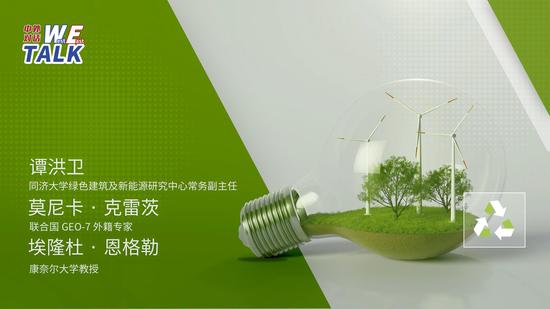
Currently, the world is facing multiple challenges such as climate change, environmental pollution, and biodiversity loss. The international community not only needs to work hard to overcome these crises but also to accelerate the implementation of the United Nations 2030 Agenda for Sustainable Development.
Is the relationship between economic development and environmental protection contradictory or coordinated? How can countries around the world collectively address the challenge of balancing economic development and environmental protection? Can China learn from the experiences of other countries and find a development path suitable for itself?
In the latest W.E. Talk, Monica J. Kerretts, expert from the United Nations Environment Programme's Seventh Global Environment Outlook (GEO-7), Parfait M Eloundou-Enyegue, professor from Cornell University, and Tan Hongwei, professor from Tongji University, were invited to a conversation.
Here’s an excerpt of the dialogue:
Tan Hongwei: We need to choose between development and environmental protection. It's very easy to say but is quite hard to do. What do you think of the relationship between economic growth and environment?
Parfait M Eloundou-Enyegue: There are two viewpoints on this question. There are some scholars who think the two are opposite, and it's really not possible to reconcile. We have to choose one or the other. And then there are people who are more positive, believing that we can achieve both at the same time.
And so from the standpoint of theory, people who think we can reconcile them have been called the "cornucopians", and they're very optimistic. And they are optimistic for two or three reasons.
Reason No.1, they assume that human beings and societies are going to be very smart and find new technology every time we have a problem.
The second reason why some are optimistic has to do with economics and markets. They say there's sort of a natural regulation through the market system and through prices. If you have an environmental resource that is beginning to decline and become scarce, what is going to happen is that the cost of that resource is going to be very high, and people are not going to use it.
The third reason is that economies evolve over time. In the agricultural phase, people don't pollute a lot. Then you move to industrial phase, which is the most dangerous from the standpoint of pollution. Then you move into the service industry. The service industry doesn't pollute as much. And so they say we can worry about pollution when we are still heavily dependent on industries, but countries that start moving beyond industry as a source of growth are fine. So they are optimistic in that sense.
Monica J. Kerretts: I think we shouldn't put development and environment in two separate terms. The environment is part of development, and the environment is part of the society. It's important that we do not conceptualize the environment as something outside development.
For example, if you are going to bring in roads, then you are going to ask, what is the environment around? What is the impact of having those roads to the nature around you, to the environment around you? I think it's important that we begin to integrate the environment into everything we think about, and that begins to change our policy design, our policy thinking, and how we imagine the world.
Tan Hongwei: In the field of environment and climate, do countries around the world face common challenges? How should they collectively address these challenges?
Monica J. Kerretts: I think European countries have always approached the environment as a core part of how they think about development, and it has been a pleasure to see this in China and in Shanghai, from the time I came from the airport all the way driving in, to see the way in which environment is being the thought process around green energy, around green solutions and for so many different things, around how the environment is being thought through.
It's been great to see China leading on this front, and for many years, a lot of the media out there haven't positioned China in showing what it's doing.
One of the things that's been fantastic for us is to really see how you think about waste management, material waste and thinking through those things. So it's been a pleasure to see China's role in taking all the climate change in leading at the forefront.
I note that over this past trip in Beijing, China has been having a whole big session on showcasing different types of service industries. One of the biggest service industries coming out was green transformation and environmental protection, so I'm really impressed on that front.
And I probably say that there's a lot in which now to comment China, and to think about how when China is relating with the rest of the world, that it is also bringing the green, because I think many times we might not bring the two together.
Parfait M Eloundou-Enyegue: The common problems that the world is facing now are many. From the standpoint of cognition, to begin with, people have to be convinced across the world that the situation is serious. Scientists know that climate is changing, and biodiversity is declining, etc. We have to get a broader awareness across the world, or everybody across the world has to be convinced that this is indeed a problem. So, the first problem is awareness.
Then, we have to understand why the environment is changing. Some people may accept that the environment is changing but do not know it's really our responsibility. And so, be aware of it. Realize that human activity is responsible.
And then the third step would be ready to make the sacrifices that are needed in order to correct the course — preserving water, preserving electricity and energy, recycling products, and not wasting food, etc. These are minor choices that everybody can make on a daily basis, but there are also institutional changes including promoting technological development and more effectively reducing the use of fossil fuels, among other measures.
So, there are three steps to overcome if you want to be successful in environmental governance: become aware and make the public aware, recognize the responsibility of humans, and then take responsibility to make the changes that we need to make in order to reverse the course.
Absolutely, all the countries in the world have to realize that it is not useful to point fingers and say "China should get this first" or "Africa should do this first" or Europe. We are all in this together. We should work together because the planet is ours, and things happening here on the environment side affect everybody.
Tan Hongwei: In terms of green development, what kind of cooperation between China and other countries can be achieved?
Parfait M Eloundou-Enyegue: That's a very good question. I think China as an emerging economic power has a major role at least in three domains.
One is in the leadership. China is able to show the rest of the countries in the world efforts that are being made here, and that can be done everywhere. When I came here, I saw the system that is used to regulate license plates. If you have a green license plate, then you get a break and so forth.
The second is scientific cooperation. The Seventh Global Environment Outlook (GEO-7) Policy and Outlooks Authors Meeting hosted by China, where scientists from all across the world came together to think about solutions, is really a tremendous effort. And China can, in the region and globally, promote scientific cooperation. China is also emerging as a big player in international assistance to lower-income countries of Africa, etc. I think it’s also important in the kind of assistance that you provide and in terms of the kinds of areas of investment that you're going to make, to help the countries invest in green economies, etc.
Monica J. Kerretts: I think the first thing is that China has been leading. For example, China is one of the leading countries under the BRICS mechanism, and China has already been heavily invested in Africa and is doing quite a lot in the continent. I think the question that we want to make sure is that China is doing and working together with the African governments and is thinking through what the climate crisis means for Africa.
In September, 2023, the first African Climate Summit was held in Nairobi, and is led by our Kenyan president, Ruto. One of the things that has come out from the discussions of the summit is the fact that a lot of the rest of the world has been thinking about how they can support the African continent in thinking through climate change.
I know because China is also on the BRICS table, and China is involved in many of the development projects within the continent, that it will begin to think through not only just development, as I said, but take it to the holisticness of climate change and that process of development. One of the things that has come out of the conversations of the African Climate Summit is the need to think through the whole financing of carbon financing, and what that means at the table.








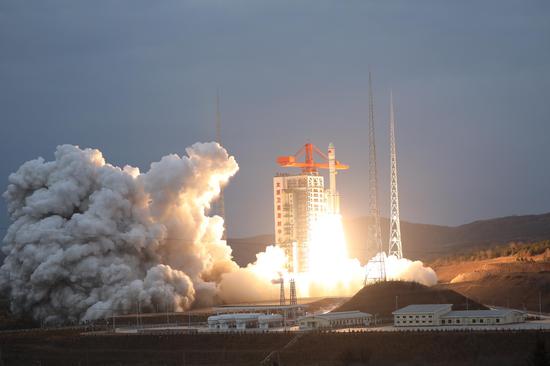

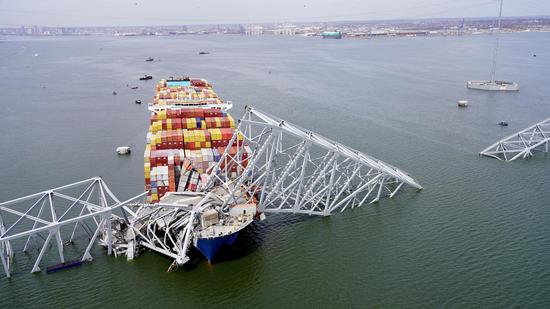
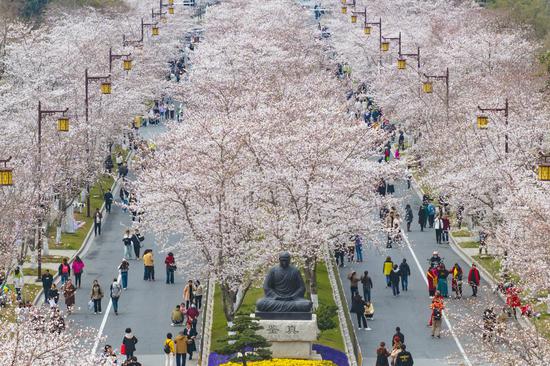

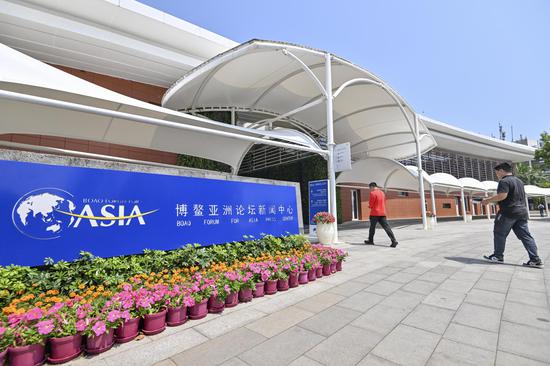
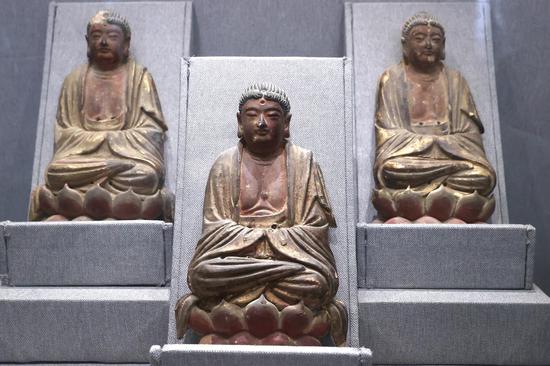

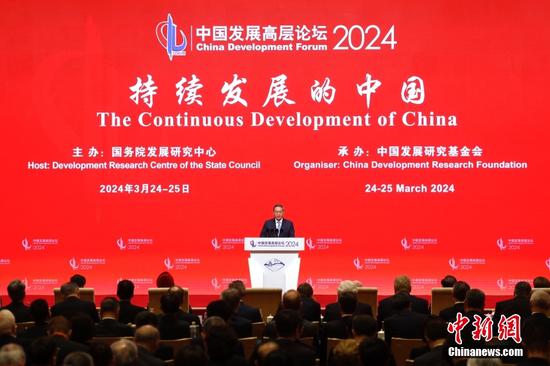
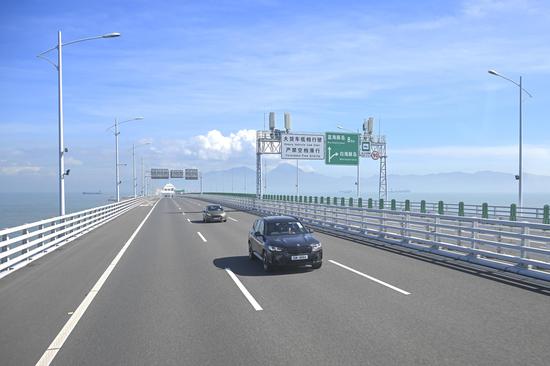



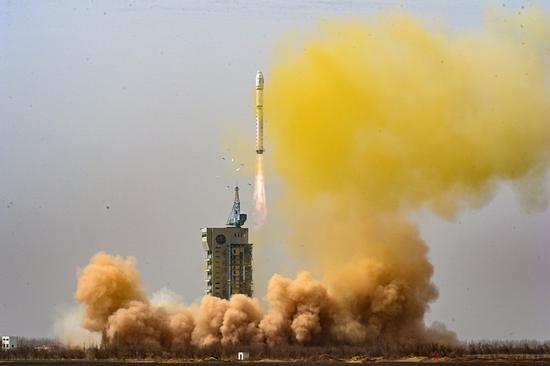
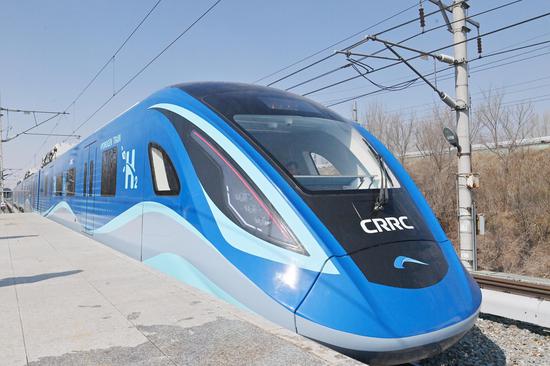
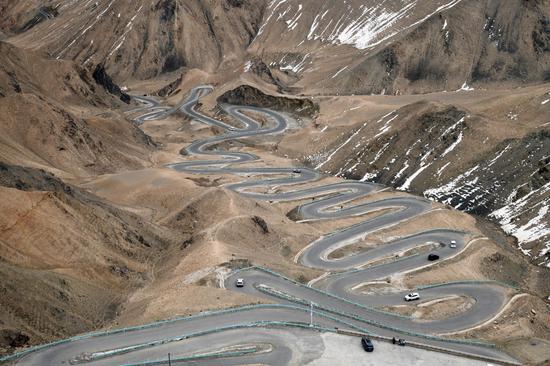

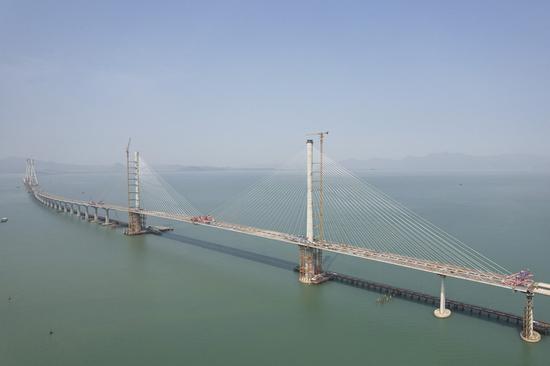
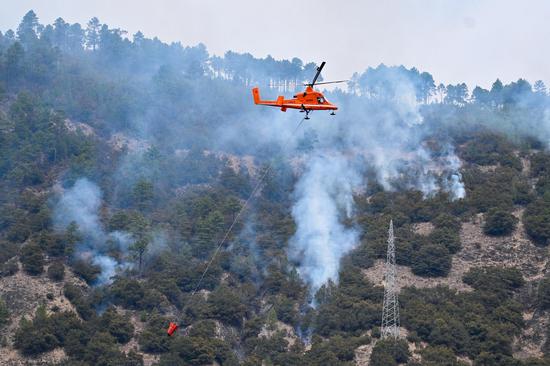


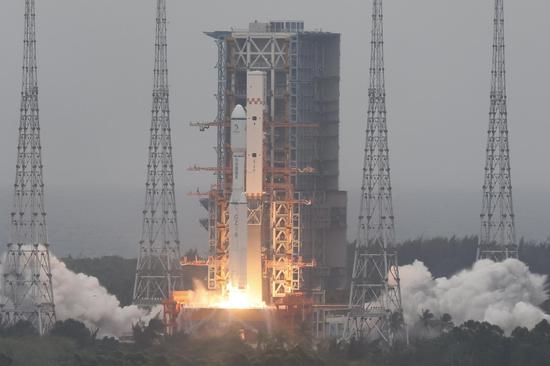

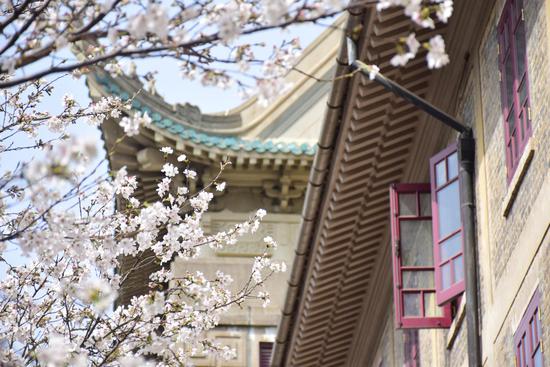
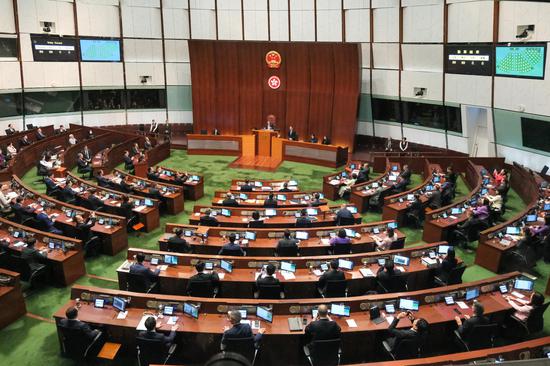



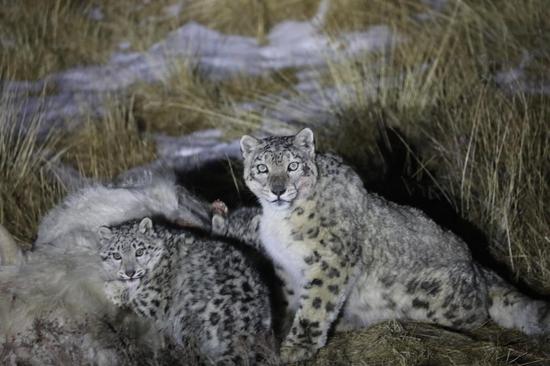
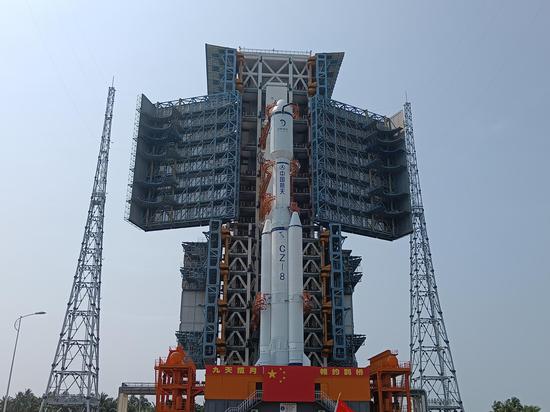
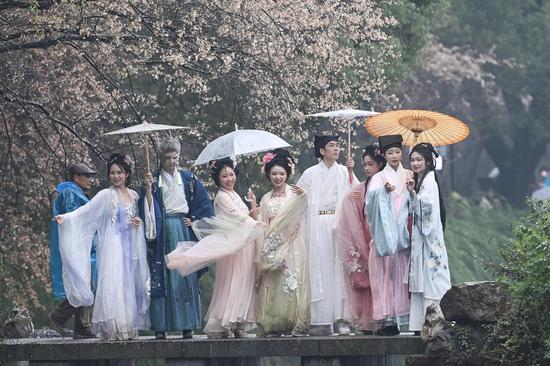
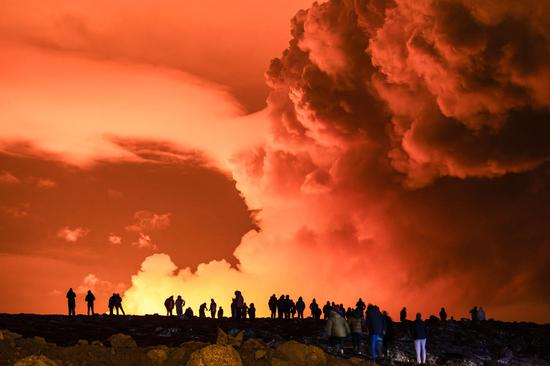
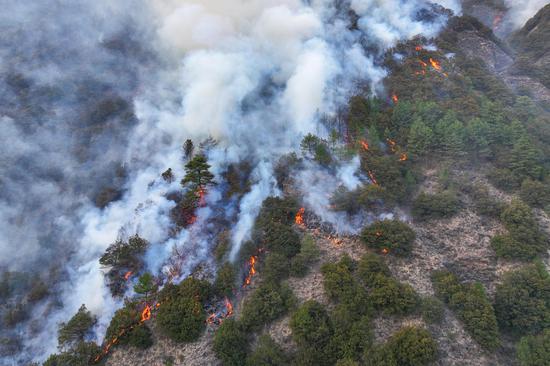



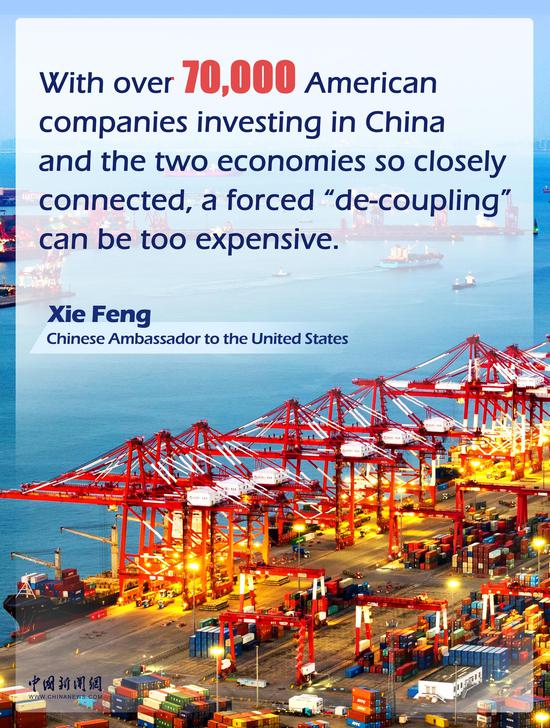





 京公网安备 11010202009201号
京公网安备 11010202009201号